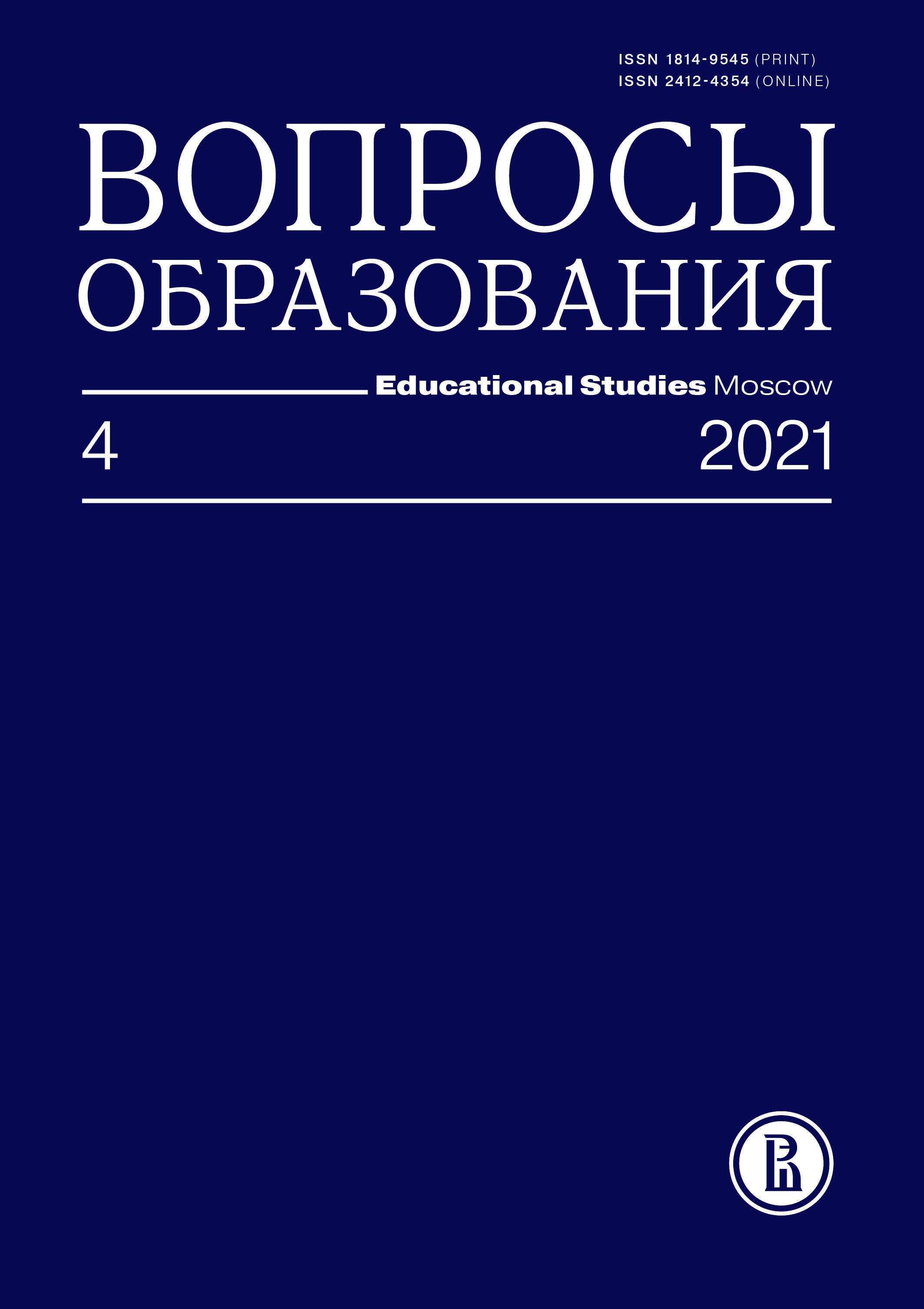Неформальные студенческие объединения в условиях пандемии COVID‑19
Аннотация
Во время пандемии COVID‑19 неформальные студенческие организации в Дальневосточном федеральном университете проявили большую активность и получили серьезную поддержку администрации. С начала пандемии количество известных администрации неформальных студенческих объединений не уменьшилось, как можно было ожидать, а увеличилось. Судя по результатам проведенного исследования, неформальные студенческие объединения по их ценности для участников образовательного процесса сравнимы с основными образовательными программами, хотя к таким объединениям студентов не побуждают ни формальные требования, ни артикулированный социальный заказ. На основании интервью с участниками неформальных студенческих объединений (волонтерского сообщества, группы волонтеров-медиков, объединений студентов — будущих инженеров и программистов), преподавателями и администраторами авторы выделяют следующие основания, по которым неформальные студенческие объединения признаются ценностью в университетской корпорации: как способ вхождения в профессию, как ответ на негласный запрос на «взросление» студента, приобретение им субъектности, как способ «присвоения» образовательного пространства, перехода студента в статус члена университетской корпорации. Вместе с тем ряд респондентов фиксируют общезначимую и самостоятельную ценность самоорганизации студенческих команд. Авторы приходят к выводу, что для российских университетов неформальные студенческие объединения являются одной из негласных автономных ценностей, подкрепленной настолько же негласным общественным запросом на «коллективистское воспитание», и приглашают к дискуссии по этому вопросу.








